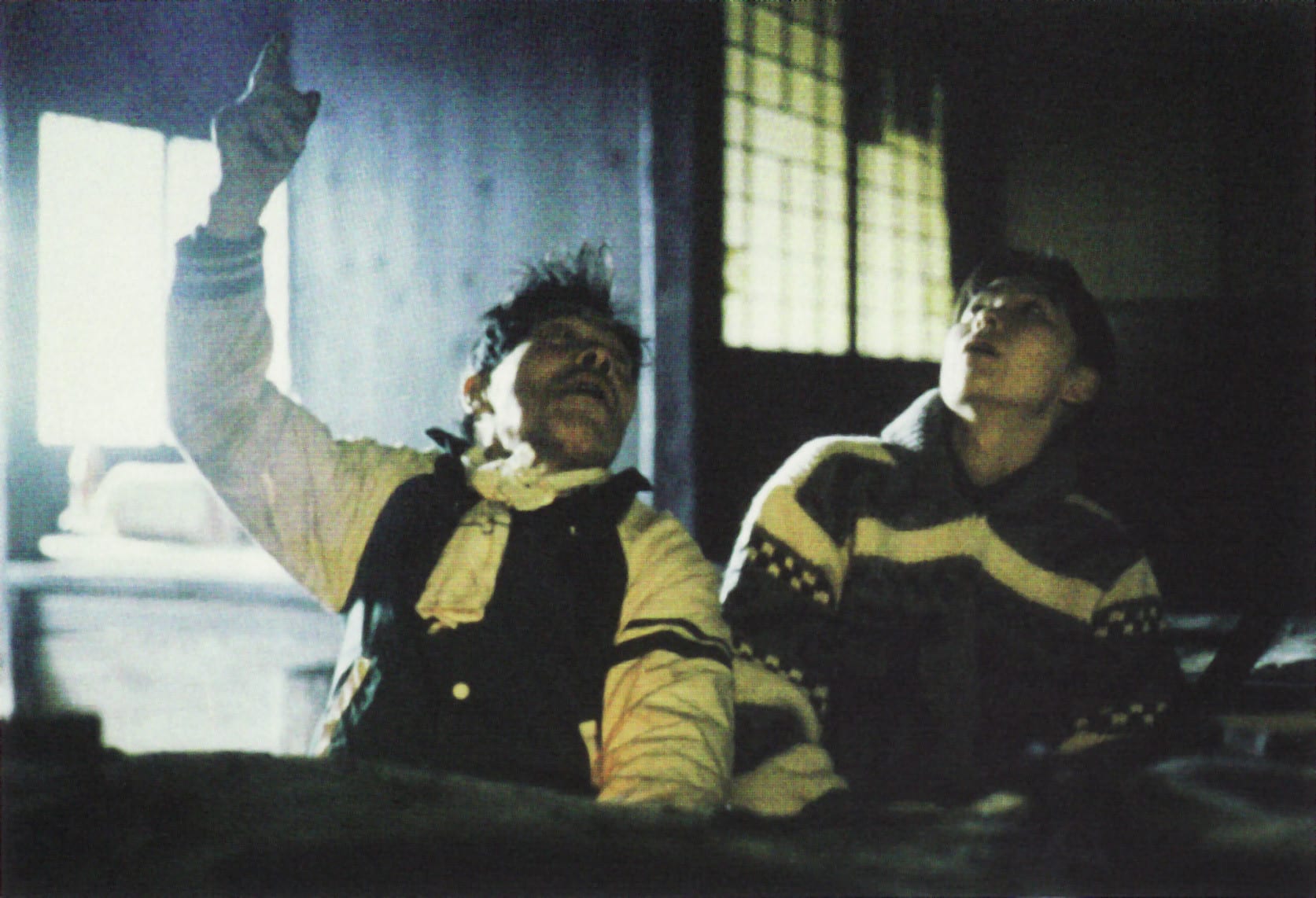




Dir.: Naomi Kawase; Documentary; Japan 1997, 73 min.
Returning to the settings of her first feature film Suzaku – which won her the Camera D’Or in Cannes in 1997 – Japanese writer/director/DoP/editor Naomi Kawase travelled to the Yoshino mountains and the nearby village of the same name to explore a lifestyle that is fast disappearing.
Getting old is certainly no fun, but we all known that, and Kawase’s worst fears were confirmed by several of the villagers interviewed in this remote rural backwater. Regret is the overriding emotion and many of the elderly talk of their desire to be young again or even reincarnated: so what’s new, apart from maudlin pipe dreams of becoming wealthy in this wished for new life?
Obviously the nuclear family is important in small communities and that brings both positives and negatives in terms of responsibility and self-determination: One man had to care for his frail mother, who later suffered from dementia. He shares photos and letters from a bride whose life he never shared – they broke up without even kissing. His hopes of re-incarnation obviously focus on meeting his lover again in a future life. Kawase somehow grants his wish, morphing his old face into the old photograph of a young and handsome man. Another man still mourns the death of his teenage son who died in a motorcycle accident, the father wishing they had lived in the city where the boy would not have needed a motor cycle to get around.
Contentment does exist here. One woman admits she misses someone to cook for, but but in the same breath confesses “I don’t know the meaning of life. I am satisfied to live everyday peacefully”. A man on crutches, completely dependent on others, does not want any film “wasted” on him; “keep it for something important” he tells Kawase, before simply stating “I wish I were dead”.
Using the Super-16mm format, Kawase achieves real intimacy, even if some of her subjects avoid close-ups. When the camera roams around in the surrounding countryside the effect of the trees swaying in the wind creates a feeling of horror that echoes early German expressionism.
Kawase’s work is an acquired taste and The Weald is another film from her distinctive archive, certainly fitting a director who drove her mother mad as a child by insisting on being taught to live like a hermit. AS
NOW FREE ON DAFilms.com until 23 January 2022.